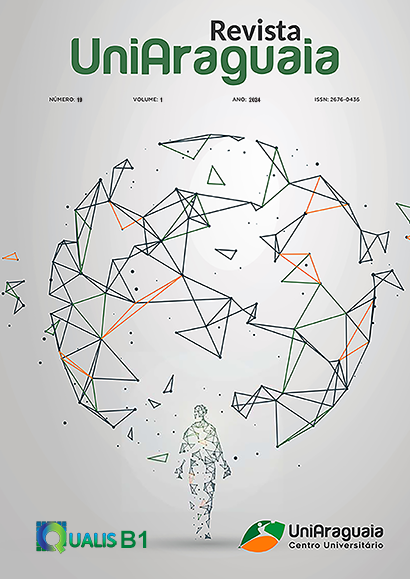CONTRADICTIONS OF MERITOCRACY: ANALYSIS OF EDUCATIONAL AND SOCIAL INDICATORS IN BRAZIL
Abstract
In times of economic crisis, rising unemployment, where social inequalities become more evident, meritocracy becomes a central element in the discourse that masks economic disparities and fights structural reforms in society. Given this context, this text seeks to contribute with reflections that can point out some contradictory elements of the meritocratic discourse. The text is the result of research that aimed to analyze the relationship between economic and educational indicators in the twenty-six Brazilian states and the Federal District. The results of the analysis demonstrate that there is a great relationship between school performance and socioeconomic reality, thus questioning two of the great pillars of meritocracy: the responsibility and blaming of the individual for personal success or failure.
Downloads
Published
Issue
Section
License

This work is licensed under a Creative Commons Attribution 4.0 International License.
The copyright of the published articles will be transferred to the Uniaaraguaia Magazine, allowing its subsequent reproduction as transcription and with due citation of source. In the event of acceptance and before the publication of the article, the plaintiff (s) shall write a statement formally transferring copyright to the magazine.
The author may also print and distribute copies of his article, provided that he mentions that the rights belong to the Uniaaraguaia Magazine.
Author rights include the right to reproduce in full or partly by any means, distribute this article, including figures and photographs.
By submitting originals to the Uniaaraguaia magazine, the author or authors express agreement with the following terms:
a) Authors maintain copyright and grant Uniaraguaia magazine the right of first publication, with the work simultaneously licensed under the Creative Commons Attribution license that allows the sharing of work with recognition of the authorship and initial publication in this magazine.
b) Authors are authorized to assume additional contracts separately, for non-expiration distribution of the work version published in this magazine (eg publish in institutional repository or as book chapter), with recognition of authorship and initial publication in this journal.
c) Authors are allowed and are encouraged to publish and distribute their work online (eg in institutional repositories or on their personal page) to any point before or during the editorial process, as this can generate productive changes as well as increase the impact and citation of published work.

